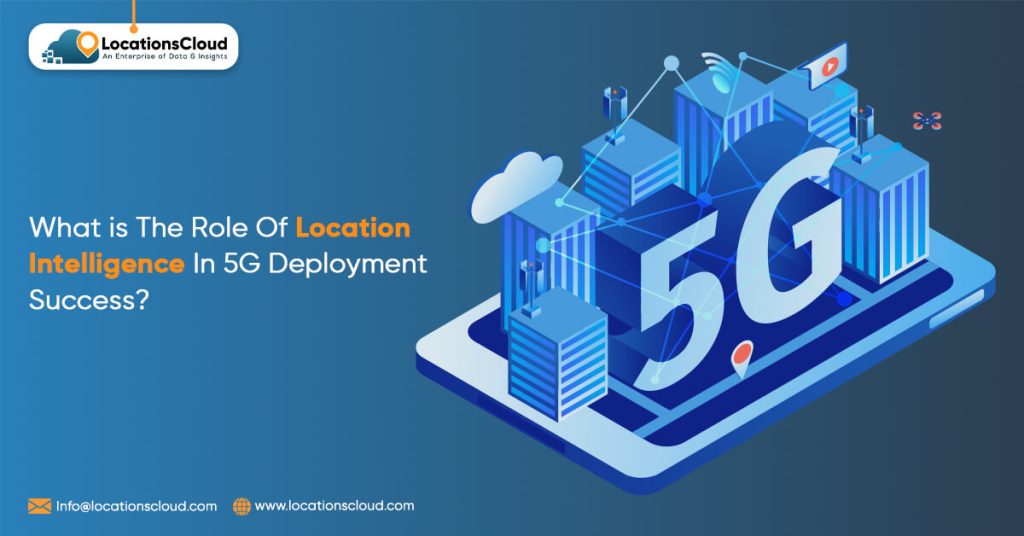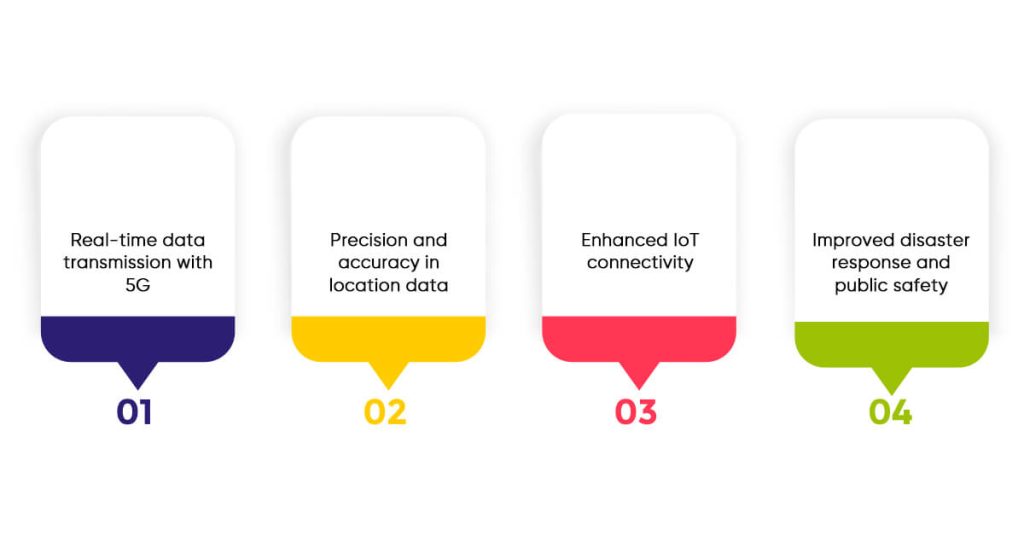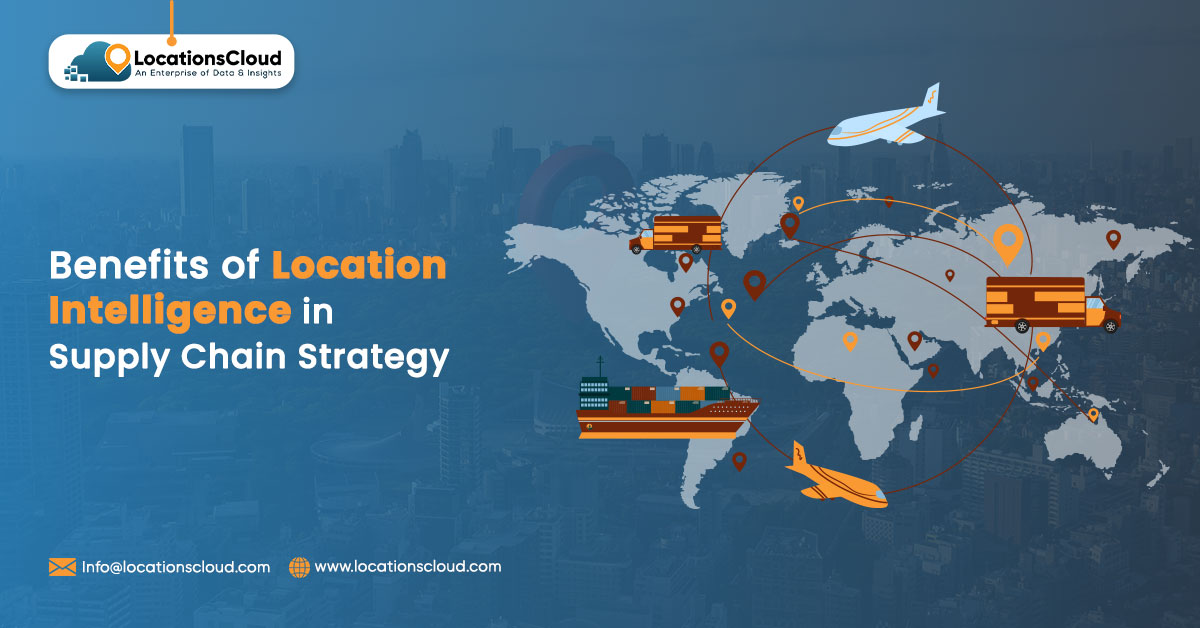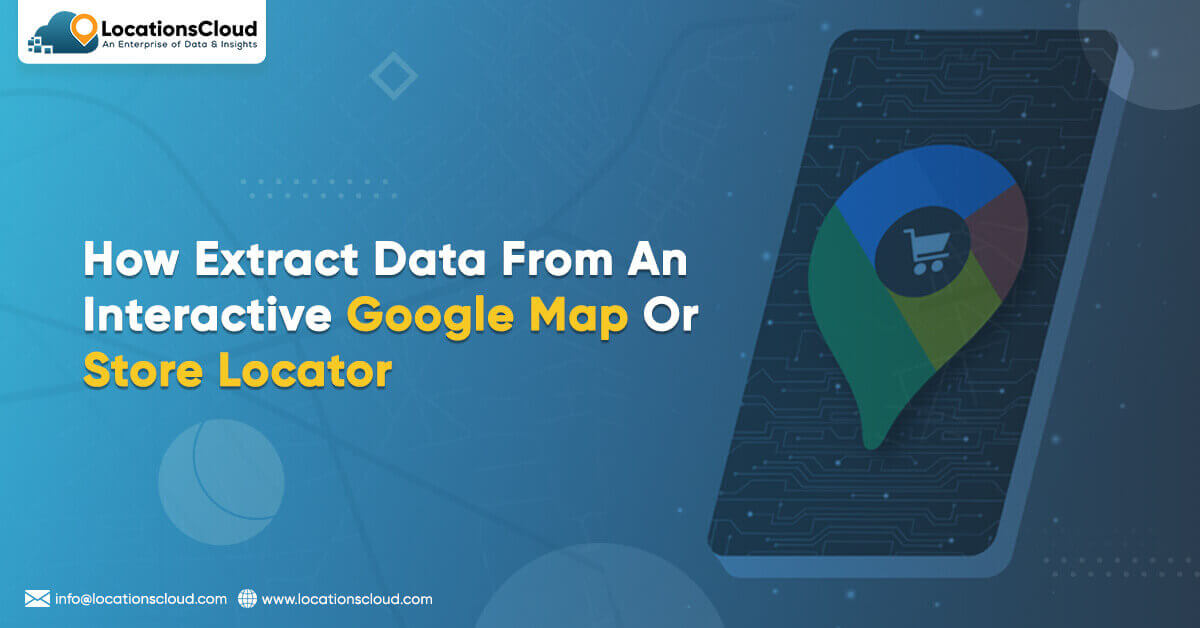
Recent technological advancements have been monumental, and they’re not slowing down. With all these improvements, the growing need for more internet space or bandwidth should not surprise us.
Consider the streaming platforms where we watch movies or listen to songs. Also, think about the smart devices we use at home (such as speakers, doorbells, and thermostats) and on ourselves (like smartwatches that keep us fit). Then think of some automobiles that metamorphose the way we drive. Or the Internet of Things [IoT] sensors that give us important information.
What’s the common thing they all need? They all want fast and strong connections – whenever and wherever we, i.e., the consumers, need them. Nowadays, we need these connections more often and, in more places, than before. But for all these cool gadgets to work well, they need a powerful 5G network. That is where telecom companies come in.
Telecom companies use 5G tech to make gadgets and services work better. It is about getting the most out of what people invest in them. But it’s tough for these companies to make it work perfectly.
They need to quickly and efficiently set up the new equipment for 5G, which costs a lot of money. Additionally, the placement of 5G towers is vital and it can be tricky.
So, telecom companies have three main goals:
- Make the most out of their 5G investments, both now and in the future.
- Make sure there’s enough 5G coverage in many places.
- Do all this without spending too much money and still making a profit, i.e., staying in budget.
How can they do all this? The answer lies in using location data and advanced analytics smartly.
What Is 5G?
To grasp why 5G and location intelligence matter, let’s start by exploring what makes 5G important. 5G, or fifth-generation wireless technology, is a huge step forward for mobile phones. It makes data transfer much faster, helps devices talk quicker, and links to more gadgets than older networks such as 3G or 4G.
One awesome thing about 5G is that it handles many devices at once. It is crucial for the Internet of Things (IoT), where billions of devices, like smart appliances and industry sensors, easily chat using a 5G network. Furthermore, the design of 5G aims for dependability and reduced power usage, benefiting crucial tasks such as emergency services and extending the lifespan of IoT device batteries. So, 5G isn’t just about faster internet for phones. It’s much more than that!
What Is Location Intelligence?
Location Intelligence, also known as geospatial intelligence or GIS (Geographic Information Systems), is a powerful tool that uses location data to understand better how firms work and how people behave. By putting together data about places with other types of data, location intelligence helps people make better decisions.
By employing changeable maps, various data layers, and analyzing spatial arrangements, those in authority can discover concealed patterns, predict future trends, and make more informed decisions. Whether it’s making supply chains work better, improving how companies sell things, or getting better at dealing with emergencies, location intelligence is vital in today’s world where data is a big deal.
Role of Location Intelligence In 5G Deployment Success

The coming together of 5G and Location Intelligence marks a massive change in how businesses use information. With 5G, we can send data super-fast and join forces with location intelligence, which gives exact details about places. This part will show how 5G helps location intelligence by giving lightning-fast connections, allowing quick data analysis, and making fast decisions.
Real-Time Data Transmission with 5G
5G can send data quickly. It is a big deal for Location Intelligence. It means businesses can get information about where things are almost instantly. It is vital in things like self-driving cars were knowing where things are right away keeps things safe and working well. Also, businesses that deal with moving things around, like trucks delivering goods, can use 5G to track where things are and change routes quickly when things change.
Precision and accuracy in Location Data
5G ensures that the information about where things are is very exact. It helps with many things such as keeping track of where things move, knowing what the environment is like, and drawing maps of cities. When 5G and Location Intelligence work together, the data about places becomes good. It helps businesses make better choices, like making customers happier, using resources better, and doing things more efficiently. Having data about where things are is super important, especially in things like farming where knowing exactly where things are helps in growing crops in the best way.
Enhanced IoT Connectivity
5G ensures that many devices, such as smart sensors and wearable gadgets, can easily communicate and share their locations. It helps in many areas, from cities managing things like roads and buildings to companies doing things smarter by learning from the devices they use.
Improved Disaster Response & Public Safety
During a serious problem or danger, such as a natural disaster or health emergency, time is incredibly vital. 5G and Location Intelligence help a lot here. They give people who help, like firefighters or doctors, quick information about where things are. It helps them make decisions fast and find the best ways to help people. Having good data about where things are in these situations can save lives and make things better during tough times.
The combination of 5G and Location Intelligence is a big deal and can change how we do many things, making them safer, faster, and better.
What Are the Barriers and Solutions In 5G Deployment?
Before we delve into how location data and analysis make an impact, let us check out a couple of important things first.
- The current 4G technology isn’t enough anymore. It has become a bigger problem as people expect more from their services. In busy cities, there will be even more need for 5G internet.
- Experts predict that the market for setting up 5G networks could reach $9.3 Billion by 2023. This massive growth is because people are changing how they use technology, and more things are connecting wirelessly, like machines talking to each other.
There’s a colossal opportunity with all this demand for 5G, but there are obstacles as well. 5G tech is different from older ones, especially when it comes to where we put the signal towers.
5G needs a direct line of sight to work well. It means devices using 5G need to “see” the towers without anything blocking them. So, in cities with lots of buildings, we’ll need many towers for good service.
To decide where to put these towers, the firms providing internet service need to be smart about it. They must balance making the service fast and reliable while not spending too much money. That’s where the location data and smart analysis come in.
By using this data, these companies can figure out the best places for the towers. They look at things like where the buildings are, how big they are, and what the area around them is like (other buildings or natural things). It helps them design a 5G network that works great for users and still makes money for the company.
What Are the Emerging Trends In 5G And Location Intelligence?
New and exciting things are coming when 5G and Location Intelligence converge. It will change how firms work and give them new things to do. With smart computer programs and machine learning, businesses can use data about where things are to predict what might happen.
Augmented reality and virtual reality, which make things look real on screens, will get even better with 5G and location information. Also, computers that work fast (called edge computing) will help look at data about places right away.
To prepare for this, companies should do a few things:
- Install the new 5G systems
- Teach employees about location details and
- Collaborate with companies involved in 5G and location data.
Doing these things will help businesses be better than others and keep up with what people want in the future. Start learning about place information today to be ready for tomorrow!
Conclusion
As 5G technology keeps advancing, the Importance of Location Intelligence will increase even more. Its capability to provide detailed insights about geographic information will play a vital role in shaping the future of telecommunications. Adopting Location Intelligence today isn’t simply about rolling out 5G; it’s about establishing the groundwork for a connected future. Also, it is about getting ready for a world where everything is connected. It ensures effective networks that adapt to changing consumer needs and sustain business growth.
In summary, Location Intelligence is crucial for the success of implementing 5G. Its incorporation allows telecom companies to strategically position towers, fulfill customer requirements, and fine-tune networks to be efficient as well as profitable. As we navigate via this digital change, using Location Intelligence is not just an option—it is a must to unleash the full potential of 5G technology.



